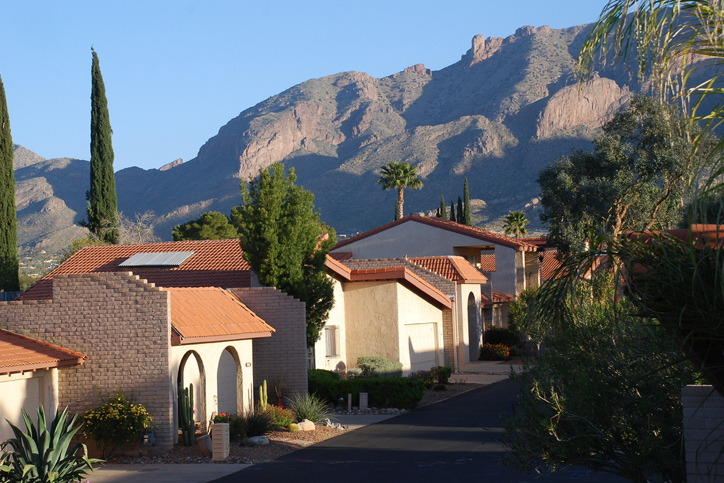
Attorney General of Arizona: Tucson’s Renter Protection Statute Violates State Law
A Tucson rental ordinance may get overturned in 2023 due to the Arizona attorney general’s examination of it.
The City of Tucson’s Ordinance No. 11959 prevents landlords from considering applicants’ income sources when deciding whether to rent to them. On December 21, Attorney General Mark Brnovich released a report that he claimed violated a previous code put in place in 1992.
The definition of “source of income” in Tucson’s new ordinance is expanded to cover wages, salaries, child support, spousal support, foster care subsidies, rental assistance, security deposit or down payment assistance, income derived from social security or disability insurance, veterans’ benefits, or any other form of governmental assistance, aid, or subsidy.
The 1992-enacted A.R.S. 9-500.09 in question is the code that has been broken. It permitted specified communities, such as Tucson, to pass regional fair housing laws before the deadline of January 1, 1995. The new ordinance was developed 27 years too late, given that it was passed in September of this year.
The Tucson rule that forbids landlords and home tenants from taking interested parties’ sources of income into account is illegal, according to Brnovich. “Therefore, it must be abolished in 30 days.”
According to Brittni Thomason, a spokeswoman for the Arizona Attorney General’s Office, if Tucson does not revoke its ordinance within the next 30 days, the attorney general’s office will alert the state treasurer. Then the treasurer will withhold the city’s share of state-shared revenue until it complies.
Despite being contended as a breach of state law, the ordinance issue reflects the divisions among politicians regarding how to address the city’s housing problem. Speaker-elect Ben Toma filed a 1487 Complaint with the attorney general’s office in November when starting the investigation.
In a press statement, Toma urged Tucson’s leadership to look inward and discover methods to eliminate the hurdles that have stalled salaries, increased taxes and caused an unprecedented housing crisis in the Tucson metro area rather than burdening ordinary people (or other levels of government).
The City of Tucson, on the other hand, views it as a solution. Principal Assistant City Attorney Jennifer Bonham emailed the solicitor general’s office in response to the probe. According to Bonham, the complaint’s unfavorable stereotyping shows why these anti-discrimination measures are required. Source of income regulations strengthen protections for persons who would be refused housing because they receive income from an alternate source. This is, in turn, used as a pretext for a banned sort of discrimination as stated by the Equal Employment Opportunity Commission. An Arizona disability insurance attorney can be consulted on this.
It’s unclear whether Kris Mayes, the incoming attorney general, will support Brnovich’s inquiry. The state treasurer, however, could withhold the city’s state-shared cash if the report is not reversed.
Mike Rankin, the city’s attorney, responded by saying that the city will analyze the Attorney General’s finding over the next several days and then consider the following actions discussing with the mayor and council at the next available meeting.
75,000 Tucson households are affected by the fact that the median rent has increased by 40% since 2017. They are also affected as the median home value will rise from $176,199 in 2017 to $287,288 by the end of 2021. This means that 75,000 Tucson households are spending “too much of their income on housing,” according to Bonham in the letter. The change in question made it against the law for landlords to refuse tenants based on their source of income.


